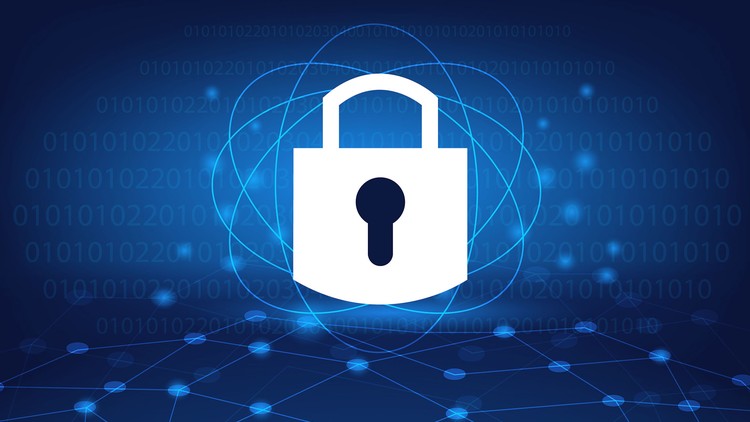Certified Basic Cyber Security Expert 2022

Why take this course?
¡Hola! In this course, you'll gain a comprehensive understanding of cyber security, which is crucial in today's digital landscape where threats are constantly evolving. Here's what you can expect to learn:
-
Basics of Cyber Security: You'll start with the fundamental concepts and terminology used in the field of cyber security. This foundational knowledge is essential for understanding the more complex topics that follow.
-
Common Threats: Cyber threats come in various forms, from malware to phishing attacks. This section will introduce you to the most prevalent cyber threats and how they are typically executed.
-
National and International Actions: You'll explore the measures that governments and international organizations take to protect their digital infrastructure and citizens from cyber threats. This includes policies, laws, and collaborative efforts across borders.
-
Principles of Cyber Security: This part of the course delves into the core principles that guide cyber security strategies. You'll learn about concepts like confidentiality, integrity, and availability (the CIA triad), and how they form the basis for protecting information systems.
-
Elements of Cyber Security: Here, you'll learn about the various components that make up an effective cyber security program. Topics will include risk management, security architectures, and the implementation of best practices.
-
Certifications: The field of cyber security is supported by a robust ecosystem of certifications that validate expertise. You'll be introduced to the most recognized credentials in the industry, such as CISSP, CEH, and CompTIA Security+.
-
Job Market: This section will provide insights into the career opportunities available within cyber security. It includes information on job roles, employer expectations, and trends that are shaping the future of the market.
-
Cyber Kill Chain: Developed by Lockheed Martin, the Cyber Kill Chain is a model that describes the process of cyber attacks in eight distinct stages. Understanding this framework can help you identify where an attack might be in its lifecycle and how to intervene effectively.
-
Legal Issues and Global Regulation: Cyber security intersects with legal frameworks, both national and international. You'll learn about the laws and regulations governing cyber space, including data protection acts like GDPR and HIPAA, and their implications for businesses and individuals.
-
Role of Government: Governments play a critical role in cyber security through policy-making, regulation enforcement, and national defense strategies. This section will explore how different levels of government contribute to the overall security posture of a nation.
Throughout the course, you'll also learn about real-time intelligence, complementary actions, human/cultural components, and more. By the end of this course, you should have a solid understanding of cyber security principles and practices, be able to recognize the importance of continuous learning and adaptation in this field, and understand how to apply what you've learned to enhance security measures within your organization or community.
Course Gallery




Loading charts...